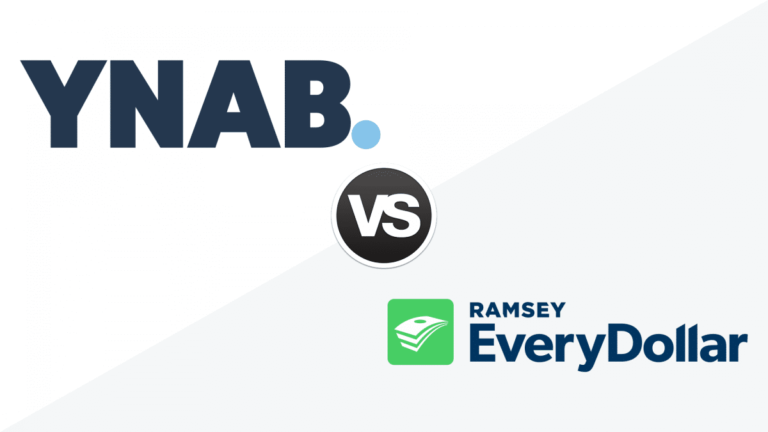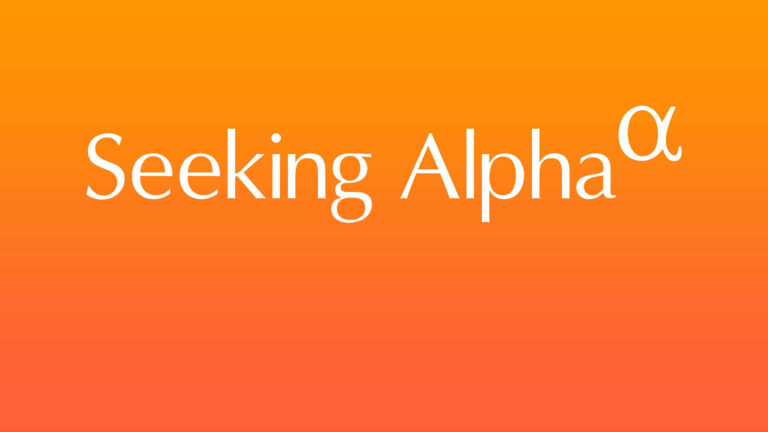Everydollar vs YNAB: Which is better?
Probably considering Everydollar and Ynab, but can't seem to choose between the two? Take a closer look here to help you decide

Everydollar and YNAB are two of the most popular budgeting tools out there. And naturally, lots of users often wonder which of the two packages offers the best features.
You Need a Budget, popularly known as YNAB, is a great app, and so too is Everydollar. They each offer a system to help manage your finances, but they do it in different ways.
This comparison of the two systems will help you to discover what they have in common, plus where each app shines. So you can make the right choice between the two.
Everydollar vs YNAB comparison table
| Everydollar | YNAB | |
|---|---|---|
| Founder: | Dave Ramsey | Jesse Mecham |
| Learning curve: | Average | High |
| Bank syncing: | No / Yes | Yes |
| Flexibility: | Less | More |
| Philosophy: | 7 Baby steps | 4 rules |
| Focus: | Pay off debt | Escape paycheck to paycheck |
| Investment Tracking: | No | Yes |
| Bill Management: | No | No |
| Best For: | Established earners | Nerds, students, freelancers |
| Free App: | Yes | No |
| Cost: | Free, $129 per year | $12 per month, $84 per year |
1. History and founders
Everydollar was founded by Dave Ramsey after going bankrupt from over million-dollar net worth, and deciding to get his life back on track.
Jesse Mecham founded YNAB when he got married in 2004 and discovered that he and his new wife needed a budget. They were students back then.
2. Learning curve
Both systems are apps. So you should at least know how to use a smartphone and download an app to it. They also offer easy-to-use interfaces, but YNAB is overall more complicated than Everydollar.
So, if you are looking for a simple but powerful system to help you manage your finances, Everydollar might be for you.
YNAB, on the other hand, gets you more involved in a more complex budgeting process. This also needs more time to learn, but it can pay off in the long run, because it offers you more flexibility.
So, if you want more control or flexibility in your budgeting, then YNAB might be the tool for you.
3. Bank Syncing
Both tools let you enter your expenditures manually. In the basic Everydollar app, this is the only method available. With its premium version, however, you get automated account syncing.
YNAB offers automated bank syncing for US and Canadian banks. Plus, you can also use its file-based upload feature to upload bank statements.
4. Flexibility
Everydollar takes your average monthly income and helps you divide it into spending categories, so you know how much to spend for the month on different stuff.
YNAB lets you add and budget money as you get it. This makes it more flexible and great for people with less-frequent payments.
You also get the added flexibility of managing your overspending with YNAB, by moving money from another category to the over-spent category.
So, you may want to check out YNAB if you need a more flexible budgeting system.
5. Philosophies
Both systems have their underlying philosophies to help the user gain or regain financial control and freedom. YNAB uses the 4 rules, while Ramsey+ works with the 7 Baby steps.
Keep in mind, however, that Dave Ramsey’s rules are only available in the premium Ramsey+ plan. Everydollar is just the budgeting app without extras.
Dave Ramsey’s baby steps:
- Save $1,000 for your starter emergency fund.
- Pay off all debt (except the house) using the debt snowball.
- Save 3-6 months of expenses in a fully-funded emergency fund.
- Invest 15% of your household income in retirement.
- Save for your children’s college fund.
- Pay off your home early.
- Build wealth and give.
YNAB’s 4 Rules:
- Give every dollar a job. You have to budget every dollar in your account. This is called zero-based budgeting.
- Embrace your real expenses. Use smaller and more frequent contributions to pay off larger, infrequent bills.
- Roll with the punches. Manage your overspending easily.
- Age your money. Try to only spend money that is at least 30 days old.
6. Budgeting Focus
Everydollar focuses on getting you out of debt as quickly as possible, while YNAB focuses on helping you to escape living paycheck to paycheck.
Majority of Americans live paycheck to paycheck and only about 40% can pay cash for a $1,000 emergency. This means the rest often have to borrow and this creates debt.
Ramsey+’s first baby step is to save at least $1,000 for emergencies, as this will help stop further debt accumulation. The second step, of course, is to pay off all debt.
But while Everydollar lets you budget your expected income for the month, YNAB only lets you budget the amount of money you currently have in your account.
By focusing only on what you have, you avoid depending the money that you have not yet received while trying to make what you have last as long as possible
In the end, YNAB helps you to have enough money in the bank to cover an entire month’s expenses, without thinking about your next paycheck. That’s the 4th rule of ageing your money.
7. Investment Tracking
There is no investment tracking with Everydollar, but Ynab offers you the ability to do that. You can track investments like your 401K and IRA, as well as debts like Mastercard and Visa together in YNAB’s Net Worth Report.
You can also select date ranges and the account types you would like included in the report. Plus, if you want a more detailed analysis, you can export the full data.
8. Bill Management
Both apps are strictly budgeting apps, so they do not help with paying your bills online. They only help you plan the payments and can alert you about payment deadlines, but they will not access your account to pay a bill.
9. Best Uses
Both tools offer budgeting features, but different types of people tend to like one over the other.
For the more analytical type, with either an unsteady income or side hustles, such as freelancers, students, and so on, YNAB seems the better option.
If you have a steady job, on the other hand, and need a simple way to get your finances on track, then Everydollar could be the app for you.
10. Free trials and pricing
The Everydollar app is free to use. And it comes with a 14-day free trial of Ramsey+, which is the premium offer with the 7 Baby Steps and Financial Peace University course.
After the trial, however, you can pay for Ramsey+ in any of three forms. They are 3 months for $59.99, 12 months for $129.99, and 6 months for $99.99. All offers renew automatically.
YNAB, on the other hand, does not offer a free app or plan. You can only get it for free if you are a student and can prove it, else you will have to pay after a 34-day free trial.
Two plans are available for YNAB: The monthly plan for $11.99 per month, which is billed monthly, and the annual plan for $84 per year with a yearly billing cycle.
Conclusion
Coming to the end of this Evereydollar vs YNAB comparison, you can see they are both great apps, which have also been proven to change lives.
Your choice between the two is up to you. Plus you can always combine both apps and their philosophies, for better control of your finances.





